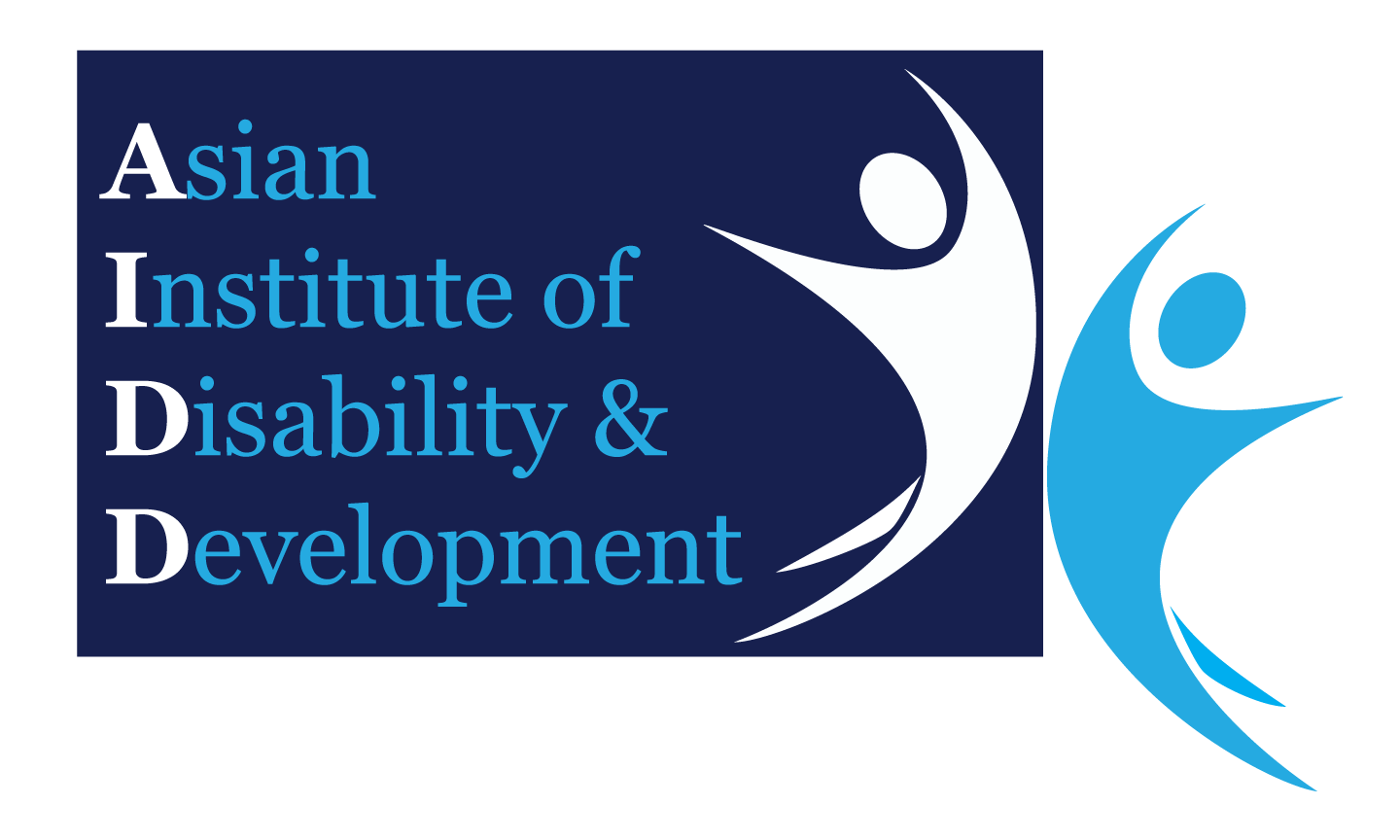
Fostering inclusion through evidence and empowerment


Resources // Parent Information Sheet and Useful Links
Parent Information Sheet and Useful Links
Participant Information Statements and Consent Forms
Participant Information Statements and Consent Forms of different investigations can be found here.
Participant Information Sheets and Consent Forms are two very important documents for researchers conducting investigations and for the institution itself. Potential research participants have the opportunity to read the Participant Information sheet in order to obtain a necessary understanding of the study and motivation to participate in it, the processes or procedures concerned with the study, and the sources of information to answer any, further questions, all of which help them make an informed decision on collection of data from them.
A Consent Form is provided in addition to the Participant Information Statement/Sheet. A Consent Form essentially highlights information for ensuring proper understanding of the key points by the participants. It also serves to record this understanding by means of a signature (or thumb print for participants who cannot write). More than one Consent Form may be needed as separate forms for adults and children. Consent is obtained from the parents or other primary caregivers of participants who are aged below 18 years or unable to give their consent due to severe disabilities.
Generally, the practice is to design and create Participant Information Sheets and Consent or Assent Forms using language that is age-appropriate or can be easily understood by the target groups. This includes following systematic and standard procedures for translating documents.
More details regarding preparation of participant information sheets and consent forms can be found in our Research Ethics section.
List of Participant Information Sheets and Consent Forms:
Bangladesh Cerebral Palsy Register (BCPR) – Participant Information Sheet (English)
Bangladesh Cerebral Palsy Register (BCPR) – Participant Information Sheet (Bengali)
Bangladesh Cerebral Palsy Register (BCPR) – Consent Form (English)
Bangladesh Cerebral Palsy Register (BCPR) – Consent Form (Bengali)
Key Informant Training Materials
The Key Informant Methodology (KIM) is validated and widely practiced social mobilisation strategy to enable community-based diagnosis, treatment and provision of assistive devices for people with disability in hard to reach and rural areas of low and middle income countries.
KIM fulfils two important roles:
(1) Providing data on the frequency and causes of disability in children and adolescents in the community
(2) Identifying and providing services to children and adolescents with disability, be it clinical, educational, or rehabilitative.
For more details on KIM please visit the following page: Key Informant Methodology (KIM)
Some useful resources-
Handout for the Key Informants
Template for identification and listing of children with suspected cerebral palsy by the KIs
Useful Links
Shishu Shorgo (Children’s Heaven) Transition Program Manual (Bengali)
The Help Guide to Cerebral Palsy (2nd Edition) by Global Help
Shishu Shorgo (Children’s Heaven) Transition Program Manual
WHO Guidelines on the Provision of Manual Wheelchairs in Less Resourced Settings
United Nations Convention on the Rights of Persons with Disabilities (CRPD) – English
United Nations Convention on the Rights of Persons with Disabilities (CRPD) – Bengali
United Nations Convention on the Rights of the Child
United Nations Convention on the Rights of the Child (Simplified Child Friendly Version)
